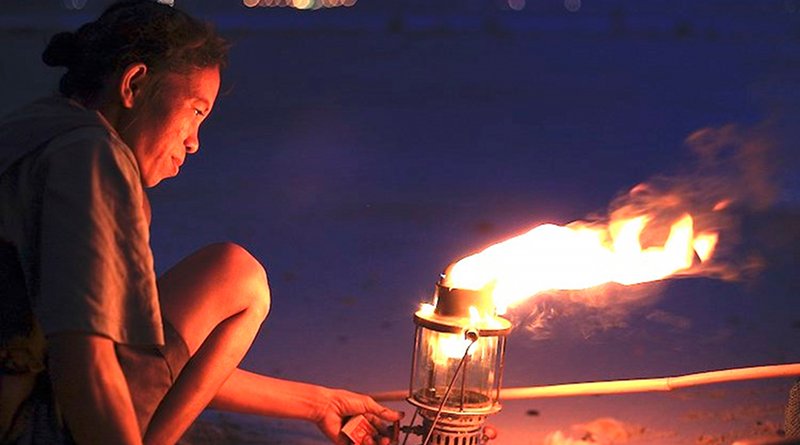Urgent Action Needed To Scale-Up Energy Access In Least Developed Countries – Analysis
By IDN
By Santo D. Banerjee
The world’s 47 least developed countries (LDCs) will fail to achieve global sustainable energy targets by 2030 unless urgent and enhanced action is undertaken. This was the backdrop to discussions which took place on May 30-31, 2019 at a United Nations conference on ‘Scaling-Up Energy Access and Finance in the Least Developed Countries’ in Beijing, China.
UN Office of the High Representative for the Least Developed Countries, Landlocked Developing Countries and Small Island Developing States (UN-OHRILLS) said that while considerable progress has been made by this group of countries to increase the average rate of access to electricity from 33.4 per cent in 2010 to 51 per cent in 2017, this is in stark contrast to the global electrification rate of 88.8 per cent in 2017.
Besides, the LDCs face major disparities in energy access between urban and rural populations. In 2017, on average, 79 per cent of urban populations had electricity access, compared with only 37.8 per cent of rural populations. Regional disparities are also evident, where the Asia-Pacific LDCs are faring better with an electrification rate of 86.2 per cent compared to 33.2 per cent in African LDCs.
Much to the concern of the UN, 14 African LDCs still have electrification rates lower than 30 per cent and the 20 least-electrified countries in the world are all LDCs.
While overall assessments of progress in energy access illustrate major challenges, conference participants reflected on major progress being made. Countries such as Afghanistan, Bangladesh and Cambodia have all electrified at a rate of about 5 per cent per year since 2010. Many LDCs have already successfully tapped into using hydropower, and the use of solar and wind power is also increasing.
The key message of the UN High Representative for the Least Developed Countries, Landlocked Developing Countries and Small Island Developing States, Fekitamoeloa Katoa ‘Utoikamanu, to conference participants was that Sustainable Development Goal 7 in the Least Developed Countries is “within reach”.
She added: “We must step up and we need urgent action. Achieving the Sustainable Development Goals (SDGs) is about our collective vision to leave no one behind. So, our responsibility is to work together and forge even stronger partnerships, ensuring that the global energy transition to sustainable and modern energy also reaches the poorest and most vulnerable communities in the world.”
The conference also witnessed substantive discussions on boosting investment in LDCs where current financing levels are significantly below what is required to achieve SDG7, calling for ensuring “access to affordable, reliable, sustainable and modern energy”.
According to current estimates, in order to achieve SDG7, between 2018 and 2030, annual average investment globally will need to reach approximately $55 billion to expand energy access, about $700 billion to increase renewable energy, and $600 billion to improve energy efficiency. Currently, investments are not spread equally and many LDCs lack the capacity to access existing funding mechanisms.
A draft outcome circulated at the conference laid out concrete deliverables including the call for the launch of a large-scale initiative to bring forward the countries that are furthest behind first as well as establishing a network of energy focal points in LDCs.
The draft outcome also illustrated the need for sustainable energy to be one of the central thematic topics to be featured in the new 10-year programme of action for the LDCs to be adopted at the Fifth UN Conference on the LDCs in 2021. Furthermore, the outcome of the conference is expected to feature in discussions at the Climate Action Summit at the UN Headquarters on September 23, 2019.
The Conference was jointly organised by the United Nations Office of the High Representative for the Least Developed Countries, Landlocked Developing Countries and Small Island Developing States and the Global Energy Interconnection Development and Cooperation Organization (GEIDCO). It brought together 200 participants representing governments, United Nations agencies, international and regional organizations, civil society, private sector, business community and think-tanks.

